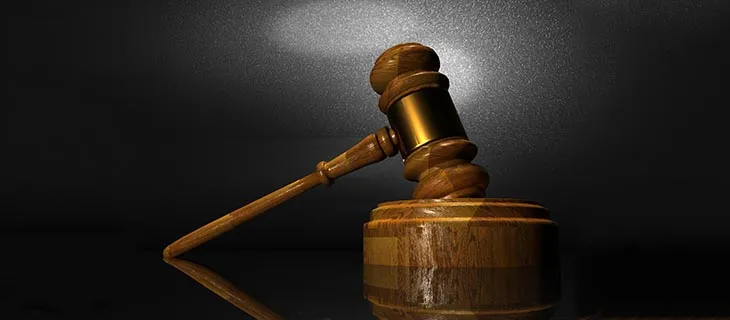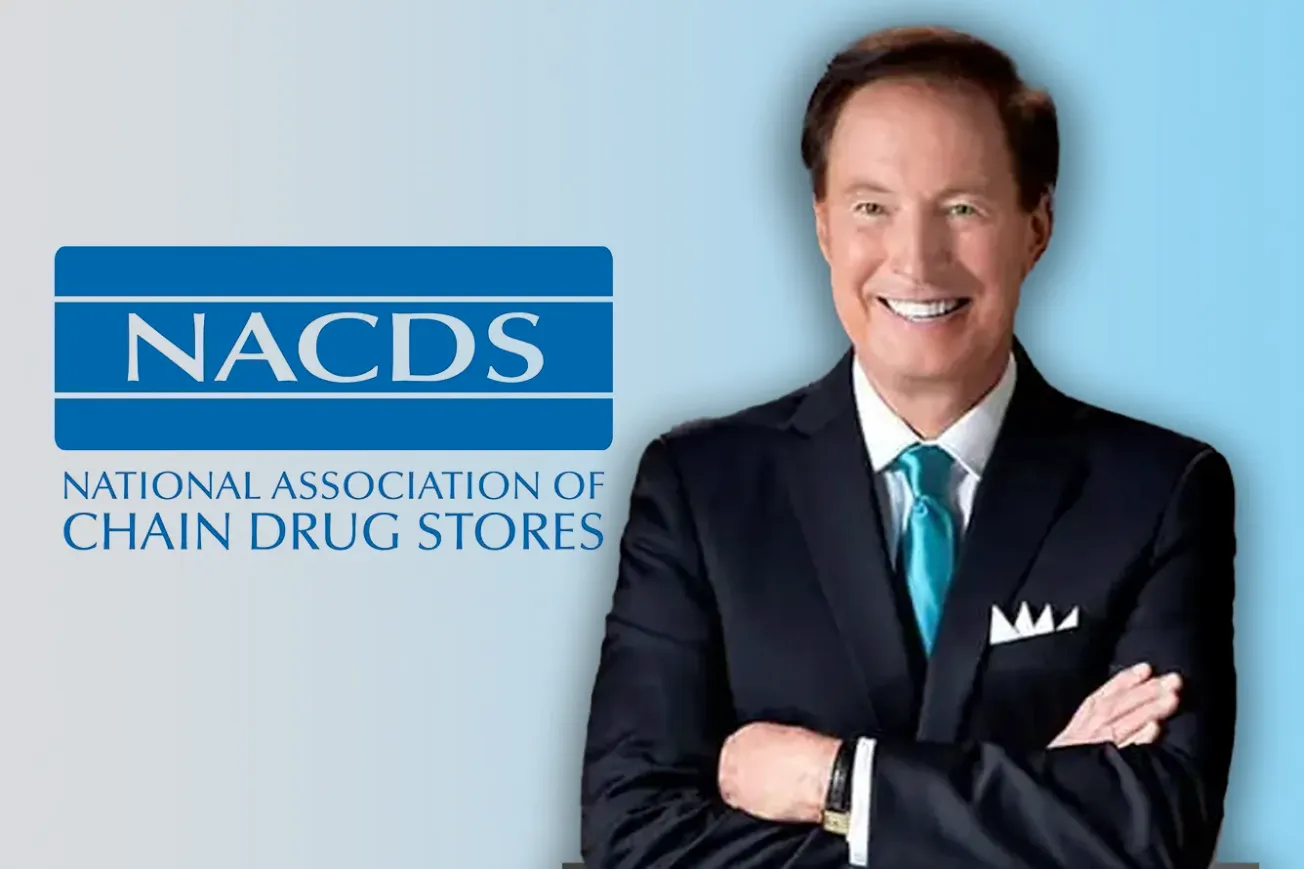NEW YORK — Members of the Sackler family who own OxyContin maker Purdue Pharma, and the company itself, agreed to pay up to $7.4 billion in a new settlement to lawsuits over the toll of the powerful prescription painkiller, New York Attorney General Letitia James announced Thursday.
The settlement was announced almost seven months after the U.S. Supreme Court upended the company's previous attempt to resolve the lawsuits in a bankruptcy settlement that would have granted the Sacklers sweeping civil immunity from opioid lawsuits in exchange for a payment of up to $6 billion.
The Supreme Court ruled that the Sacklers, who did not file for bankruptcy themselves, were not entitled to legal protections meant to give bankrupt debtors a "fresh start."
According to the new settlement, the Sacklers will pay $6.5 billion, with another $900 million coming from Purdue, without fully shutting off lawsuits from states, local governments, or individual victims of the opioid crisis. Those who do not wish to join the settlement are free to pursue lawsuits against the Sacklers, who have said they would vigorously defend themselves in court.
The deal was negotiated by 15 states, including New York, California, Connecticut, Oregon, Texas, Florida and West Virginia. The other states will be asked to sign on the settlement, which must be approved by a U.S. bankruptcy judge before it becomes final.
In addition to the payments made to state and local governments, the settlement will set aside between $800 million and $850 million to pay individual victims of the opioid crisis, according to Ed Neiger, an attorney representing a group of opioid victims in the Purdue bankruptcy.
Purdue said Thursday that it was working to incorporate the settlement into a new bankruptcy plan.
"We are extremely pleased that a new agreement has been reached that will deliver billions of dollars to compensate victims, abate the opioid crisis, and deliver treatment and overdose rescue medicines that will save lives," Purdue said in a statement.
This new settlement could bring to a close a chapter in a long legal saga over the toll of an opioid crisis that some experts assert began after the painkiller OxyContin hit the market in 1996. Since then, opioids have been linked to hundreds of thousands of deaths in the U.S. The deadliest stretch has been since 2020, when illicit fentanyl has been found as a factor in more than 70,000 deaths annually.








